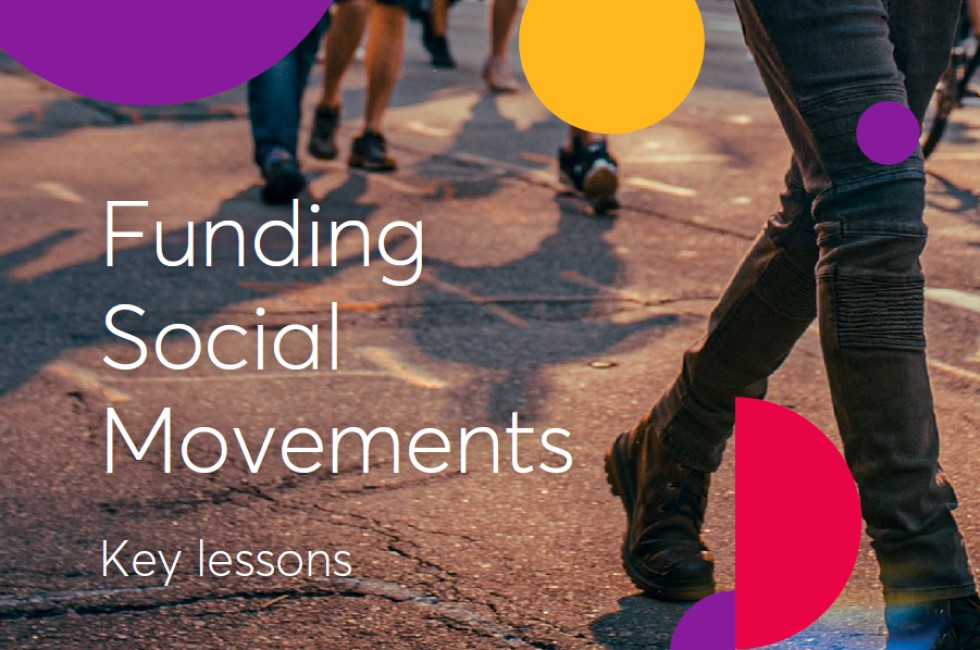The health and social care sector has become increasingly engaged in forming networks and “social movements” to help drive change, especially in issues tied to lifestyle factors, social connection and person-centred, holistic care.
Working with Nesta and the social movements, we hoped to learn more about funding mechanisms, approaches and models which could inform our work in ageing, while at the same time producing an evidence base which would enable us to share our learning with others.
In November 2018, we partnered with Nesta to launch an innovation programme to support social movements seeking to bring about change in health and social care.
Our goal was to:
- explore the potential for social movements to challenge and change the systems of delivery, culture and practice of health and social care;
- learn how funders can support the growth and impact of social movements
- understand whether support for social movements should be different from working with other community-led organisations, or whether they might be “incubated” in a similar way to innovative start-ups which are often challenging the status quo.
Our research partner, Icarus, worked alongside us throughout the programme, capturing insights and learning from each of the movements, as well as from us as funding partners. We intend to publish their report once they have completed follow-up interviews with participants later this autumn (2020). In the meantime, however, we’re excited to publish our reflections on our learning as funders. We hope it will be useful to other funding organisations who are planning to support social movements – and indeed other kinds of community-led change-making organisations – in the future. The programme has coincided with us developing a new strategic plan. Many of the things we have learned through this programme have encouraged us to take a new approach, which we hope will see us playing our part at the heart of a movement of people, researchers, activists and other passionate and entrepreneurial community leaders who believe that addressing health inequality is one of the most important challenges we face as a society – and underpins the systemic changes that need to be made to secure a healthier later life for us all.


1 comment